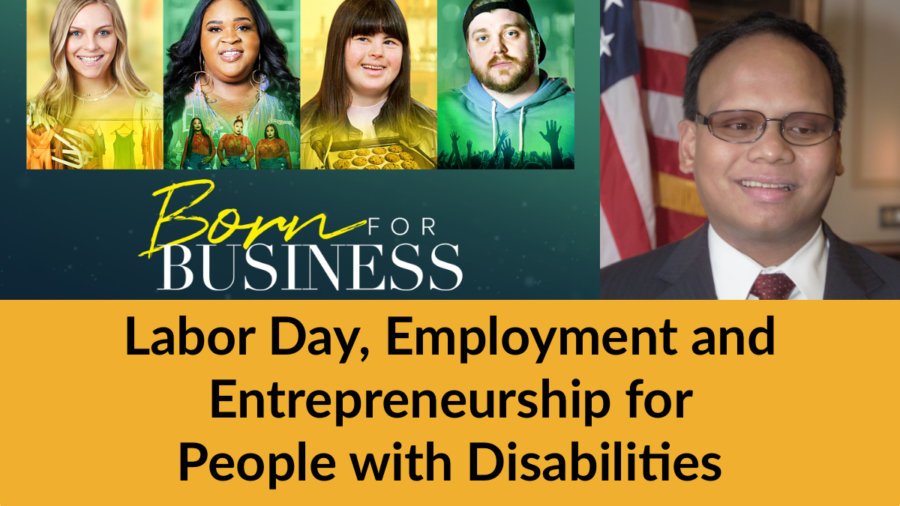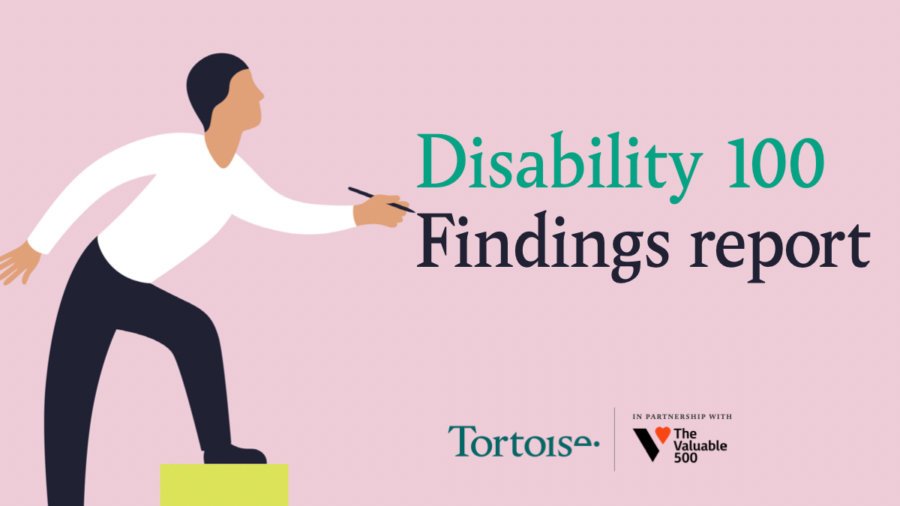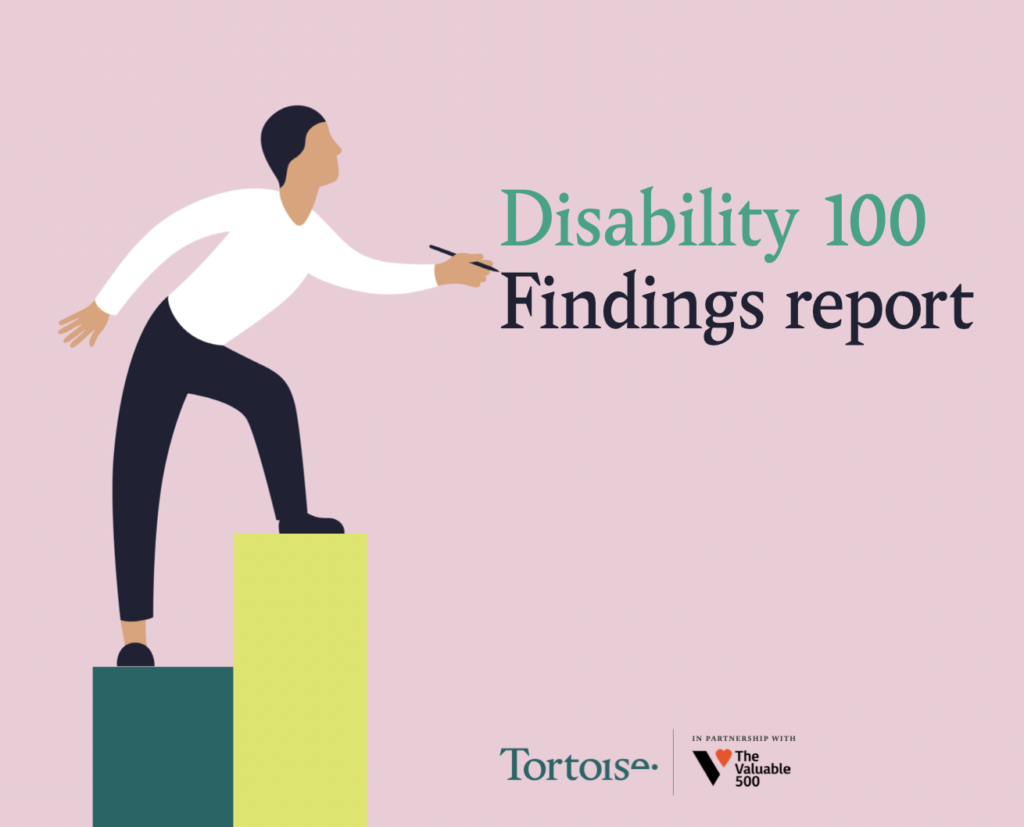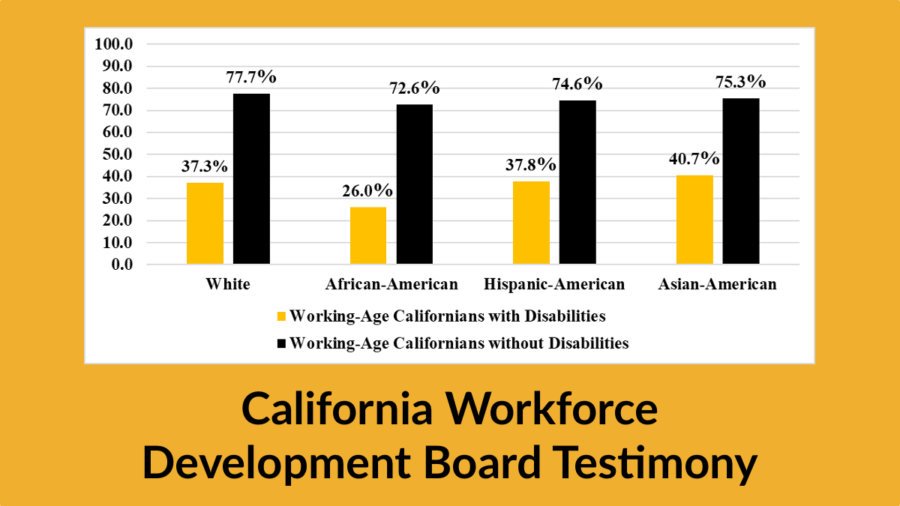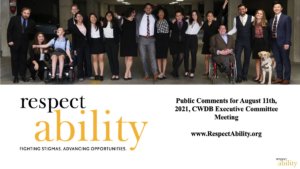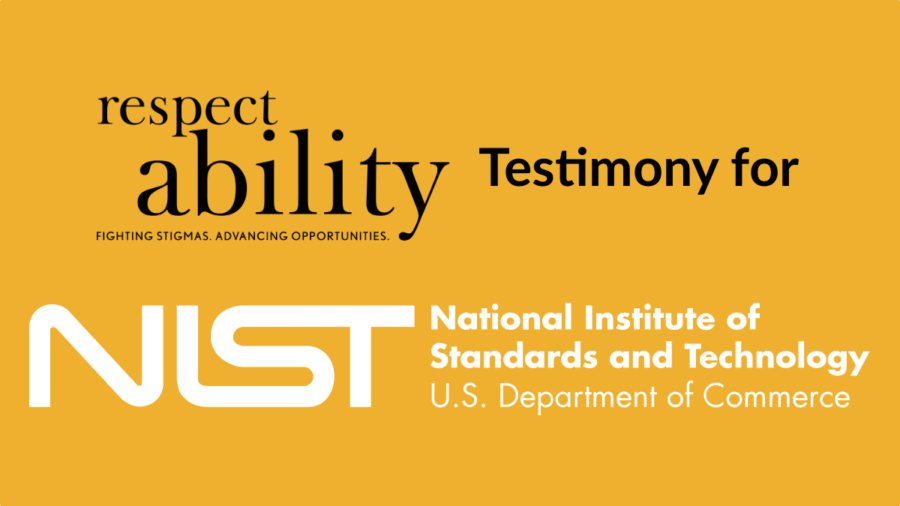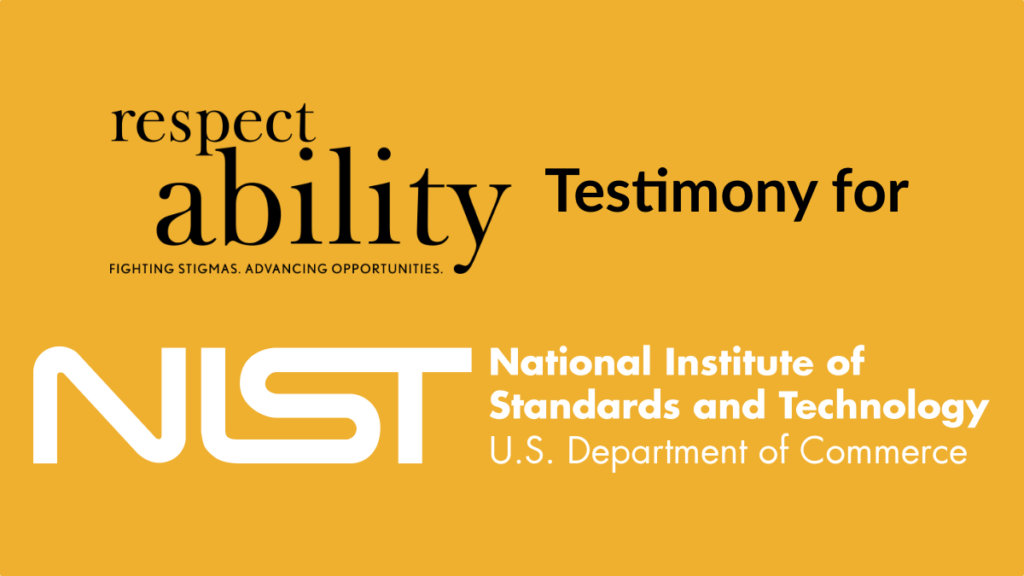Today we celebrate workers. As a long-time working professional with a disability, I am intimately familiar with the barriers that keep talented people with disabilities out of the labor force. Beyond public policy issues around the benefits systems and work disincentives, popular culture itself and media depictions of disability are a crucial barrier that harm the aspirations of millions of people with disabilities. For decades, people with disabilities like me have been seen as “less than” – as incapable of doing any job or becoming a leader in any career field.
How have many people with disabilities responded to being told what they cannot do? They have paved their own way into a rewarding career by becoming entrepreneurs. According to the Bureau of Labor Statistics, people with disabilities are self-employed at a rate nearly twice that of their non-disabled peers. As of the 2019 American Community Survey, over 700,000 workers with disabilities were self-employed, enjoying the flexibility and opportunities that entrepreneurship provides. [continue reading…]


